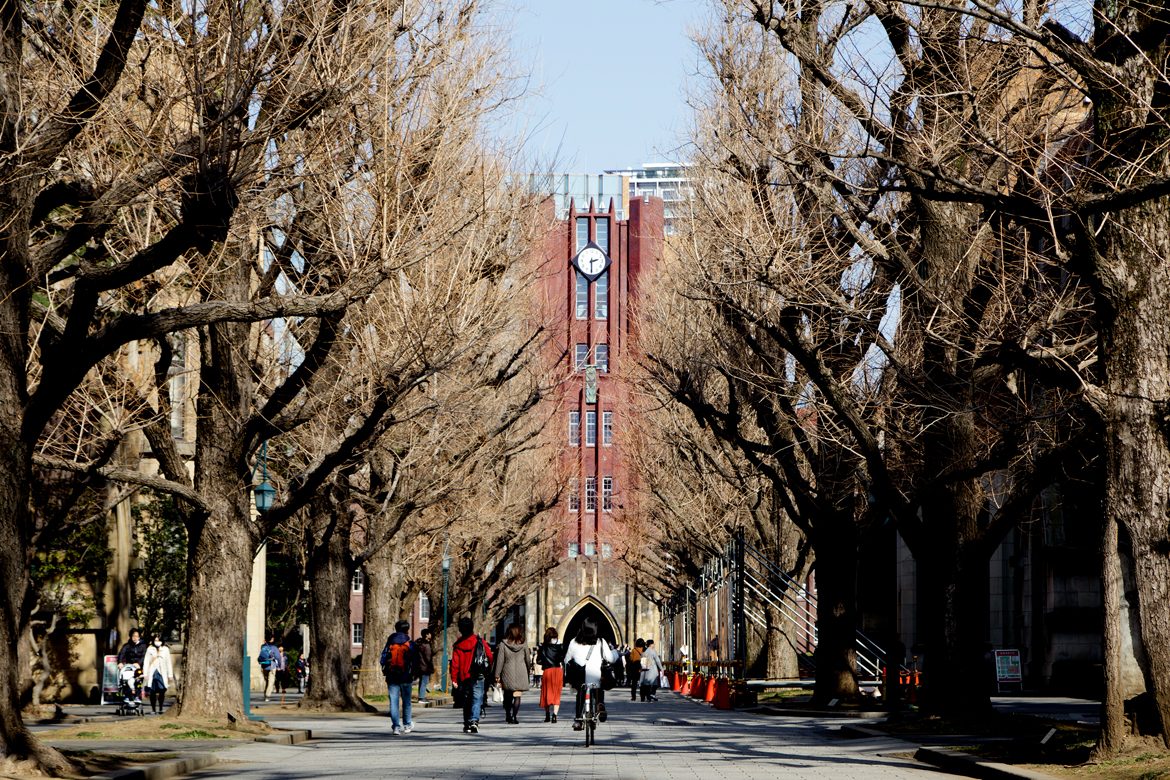- The University of Tokyo became the first national university in Japan to issue a university bond for the development of state-of-the-art research facilities. The use of funds is limited to projects that lead to solutions for social challenges. The strong demand is deemed to reflect investors’ appetite for ESG (environmental, social, corporate governance) related investments.
- The biggest question from investors was always on the source of redemption. The university has stated that redemptions will be covered by donations, leasing out of unused land on campus and funds obtained through joint research with companies.
- The Government of Japan relaxed the conditions for national universities to issue bonds, enabling them to access a new, agile and large-scale financing method to support funding projects that do not generate income. The goal of the policy change is to enhance Japanese universities’ global competitiveness in research and education in an environment where additional funding from the state is not possible.
This October, the University of Tokyo became the first national university in Japan to issue a university bond for the development of state-of-the-art research facilities. According to reports, the bond with a maturity of 40 years has attracted 126 billion yen worth of investor demand, exceeding the actual 20 billion yen procured by six times.
While universities’ incomes from the government, such as grants, have been declining over the past years, other national universities that face the same challenge seem likely to turn to this new market as well.
The University of Tokyo’s bond was issued as a social bond (social contribution bond). This means that the use of funds is limited to projects that lead to solutions for social challenges. The strong demand is deemed to reflect investors’ appetite for ESG (environmental, social, corporate governance) related investments.
While the bond has no government guarantee, its annual coupon was set at 0.823%, representing a 0.18 percentage point spread on government bonds with similar maturity. This is the same level as the FILP agency bonds that are issued by the Japanese Government without depending on tax revenue. The University of Tokyo has a strong financial base and has obtained the credit rating of ‘AAA’ from the Japan Credit Rating Agency, Ltd. (JCR) and ‘AA+’ from Rating and Investment Information, Inc. (R&I).
The Big Question of Redemption
Even though investor demand turned out to be high, it was not necessarily an easy procurement. The Nikkei reported that Vice President Ichiro Sakata and others met with more than 50 potential investors including life insurance and asset management companies during August and September. They had to appeal persistently. The biggest question from investors was always on the source of redemption.
“We understand the significance of the research, but what is your plan for redemption?” they asked, when the university explained it intends to fund the construction of next-generation research installations. This was the case even for the facility that would succeed the “Kamiokande” and “Super-Kamiokande” neutrino detectors that led to multiple Nobel Prizes in Physics, it was reported.
Redemptions will be covered by donations, leasing out of unused land on campus and funds obtained through joint research with companies, the university replied. Apparently, they managed to persuade the investors well.
University bonds represent an important financial source abroad and universities around the world are leading the way in raising money from the market. For instance, in 2018, the University of Cambridge issued a 60-year bond for 600 million British pounds following a 100-year bond for 750 million British pounds issued by the University of Oxford in the previous year. The Nikkei reported that global university bond issuance in January-September 2020 reached 21.9 billion U.S. dollars, surpassing the record high of 9.9 billion dollars in 2017, according to financial information provider Refinitiv.
The trend is expected to grow in Japan, and it is reported that the lead underwriter for the University of Tokyo has already received about a dozen inquiries.
Earlier this year, the Government of Japan relaxed the conditions for national universities to issue bonds, enabling them to access a new, agile and large-scale financing method to support funding projects that do not generate income, such as research facilities. Previously, the universities could only sell bonds to finance projects that are expected to bring direct income, such as for campus relocations or the maintenance of university-affiliated hospitals. The goal of the policy change is to enhance Japanese universities’ global competitiveness in research and education in an environment where additional funding from the state is not possible.
Other cutting-edge research installations that were mentioned to possibly benefit from the new funding scheme were quantum computers and ultra-large telescopes.
More Funds for Cultivating Young Talents
In an interview with the Nikkei, the president of the University of Tokyo, Makoto Gonokami, explained that universities should be the driving force to realise a knowledge-intensive society under digital innovation. However, he added, it is becoming difficult to secure sufficient funds as grants and subsidies have decreased. Issuing bonds will make it possible for the university to raise funds with more freedom of use. President Gonokami is hopeful that the regulations will be relaxed further to allow the hiring and cultivation of young researchers and teaching staff.
Further sources of income for the university include donations and license fees from university-affiliated venture companies, the President said. The university has approximately 370 spin-offs, of which 17 have gone public. Moreover, previous deregulations have enabled the university to rent out R&D bases on campus to startups and to receive the user fee in the form of stock options.






NO COMMENT